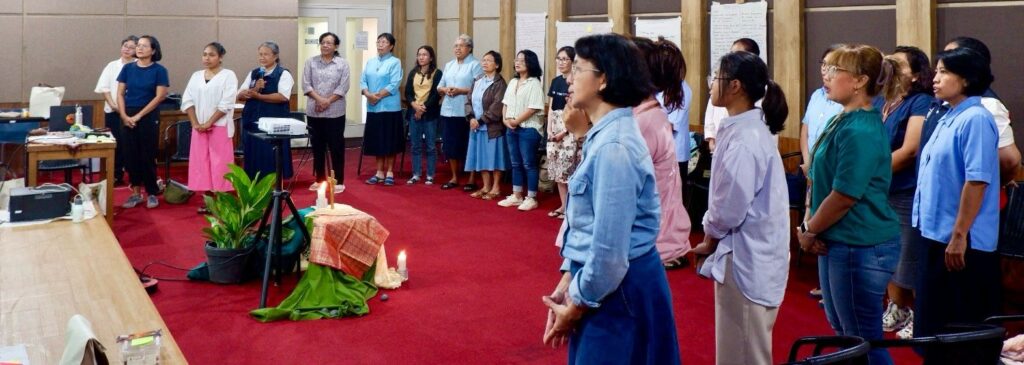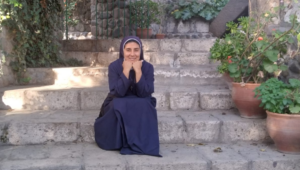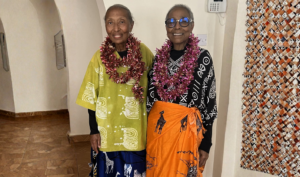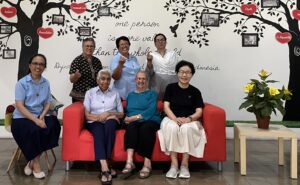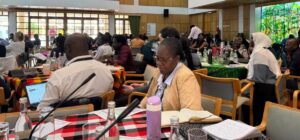By Camelia Tri Lestari, MDO Staff, Indonesia
In Indonesia, girls, women, and children face challenges like gender-based violence, child marriage, and limited access to education and healthcare. While legal protections have improved, cultural norms and economic disparities hinder progress, and rising fundamentalism threatens women’s rights. However, growing awareness, advocacy, and community initiatives offer hope. Strengthening law enforcement, expanding education, and promoting economic opportunities are key to building a safer, more equitable future in the country.
In this context, Good Shepherd Services for Women and Children (GSSWC Indonesia) remains dedicated to supporting those who face injustice, oppression, exploitation, and marginalization—especially girls, women, and children. With social service ministries in Jakarta, Yogyakarta, Ruteng, Marau, and Batam, GSSWC Indonesia focuses on the challenges of protection for children and women, child migration, and gender-based violence*. Over the past four years, its approach has evolved from a traditional charity model to a gender-responsive and inclusive rights-based approach.
To assess challenges and prepare for the future, the Indonesia Mission Development Office held its annual meeting from February 6–8, 2025, at the Samadi Pastoral Center in Jakarta. The gathering brought together 23 social service staff – both sisters and partners-in-mission – from across the five locations.
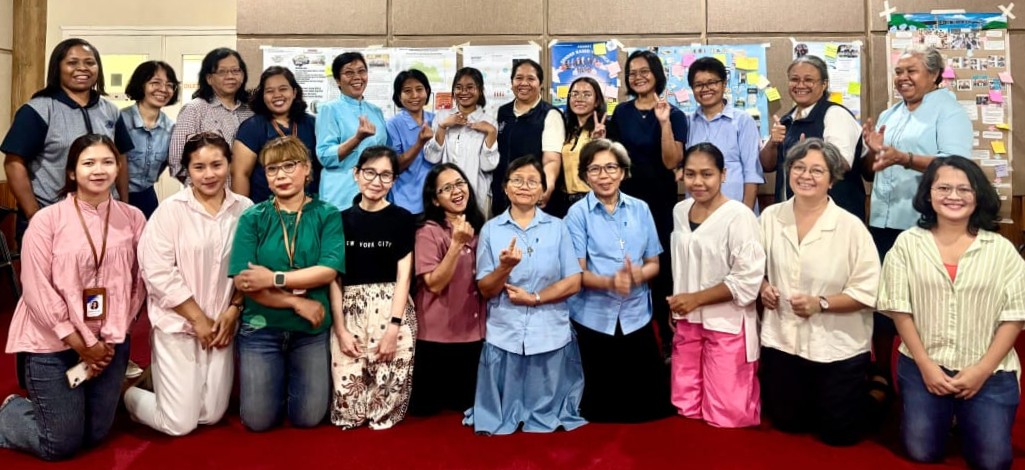
The meeting served as an opportunity to evaluate the projects and their impact during 2024 and had three main objectives: reflecting on the progress and achievements of ongoing projects, strengthening the capacity of teams managing rights-based initiatives, and equipping teams to navigate challenges and drive gender-responsive and inclusive social change.
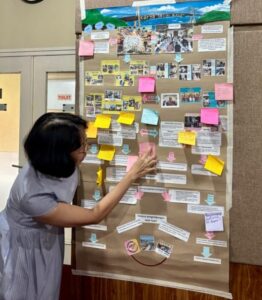 In 2024, GSSWC Indonesia made significant progress, including establishing a village-level referral system for child protection, supporting indigenous initiatives to prevent child marriage through customary agreements, and promoting discipline in education through music, and awareness-raising initiatives about protecting women and children from violence—carried out among children, parents, teachers, women’s groups, communities, and local government. The increasing participation of stakeholders involved in the development of the projects also highlights opportunities for long-term sustainability.
In 2024, GSSWC Indonesia made significant progress, including establishing a village-level referral system for child protection, supporting indigenous initiatives to prevent child marriage through customary agreements, and promoting discipline in education through music, and awareness-raising initiatives about protecting women and children from violence—carried out among children, parents, teachers, women’s groups, communities, and local government. The increasing participation of stakeholders involved in the development of the projects also highlights opportunities for long-term sustainability.
The Good Shepherd mission in Indonesia remains committed to improving the lives of women and children. Rights-based social service projects are continuously reviewed, with annual meetings providing a platform for sharing success stories, learning from challenges, and refining strategies for future initiatives.
These discussions play a vital role in shaping the next steps for the mission, ensuring that projects continue to transform lives and create meaningful change.
By strengthening its approach, GSSWC Indonesia strives to bring about lasting improvements in the lives of women and children across the country.
*Read a GSIF article on how the Good Shepherd mission is empowering communities in Indonesia to end gender-based violence, here.
